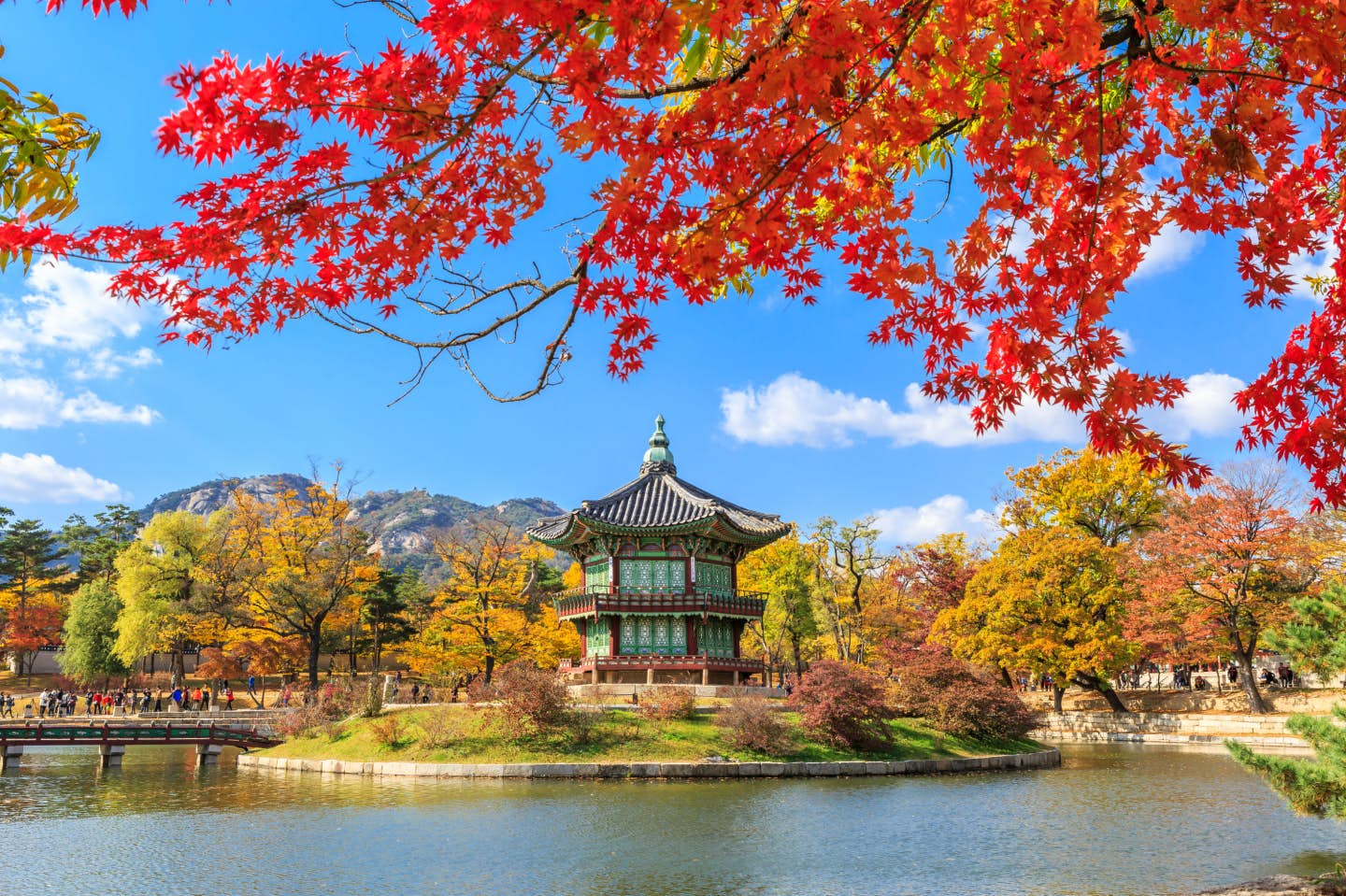WNAM REPORT: On the official launch day of South Korea’s 21st presidential election, a significant delegation comprising the Smart Defence Committee, the CheonGunManMa Committee, and the National Defence and Security Advisory Corps paid a formal visit to the Korean Liberation Association (KLA) in Yongsan, Seoul. The meeting was hosted by KLA President Lee Jong-chan, marking a momentous first step in setting the tone for defence dialogue under the next administration.
This inaugural engagement served as a platform for exchanging views on the future direction of national defence reform and reaffirming the military’s role in promoting national unity through a correct understanding of history.
Chairman Kim Byung-joo of the Smart Defence Committee remarked, “Beginning this journey with a visit to the Korean Liberation Association on the very first day of the presidential election is highly symbolic. We seek to gain invaluable insights in rethinking the future of our national security and defence strategies.”
President Lee Jong-chan, a former intelligence chief and current head of the KLA, underscored the importance of transformation within the military, stating, “To prevent the recurrence of historical transgressions such as the December 12 military coup, it is imperative that we embrace fundamental changes within our armed forces.” He went on to assert, “The Lee Jae-myung administration must not only focus on enhancing military capabilities but also establish an integrated force and break free from outdated institutional mindsets.” He further highlighted that certain pro-Japanese ideologies still lingering in academic circles must also be addressed as part of broader reforms.
Among the notable attendees were Bu Seok-jong, Executive Chair of the CheonGunManMa Committee; Choi Hyun-guk, Senior Chair of the Defence and Security Advisory Corps; Special Advisor Lee Jong-hwa; Sergeant Veterans’ Association President Kim Jin-soo; and Senior Defence Security Advisor Lee Seong-chun. In addition, Hwang In-kwon, Chair of the Defence and Security Committee, and former General Park Jong-jin, currently a professor of veterans’ studies, joined the dialogue to share extensive perspectives on the future of Korea’s armed forces.
The 30-minute meeting was held in an atmosphere of mutual respect and constructive dialogue, fostering a strong consensus on the pressing need for defence reform, historical accountability, and the military’s evolving role in a democratic society.
This visit was more than ceremonial—it represents a symbolically significant declaration of defence priorities by key military and security stakeholders, shedding light on the prospective direction of the incoming government’s national security doctrine.


